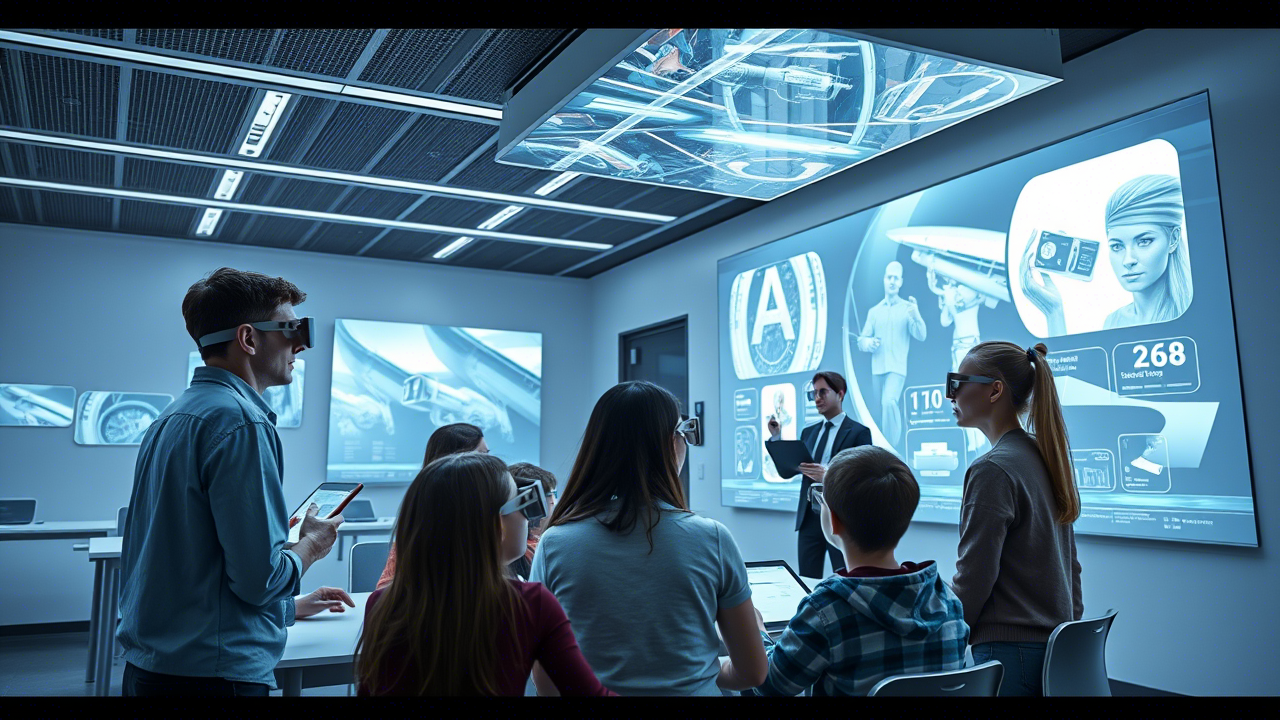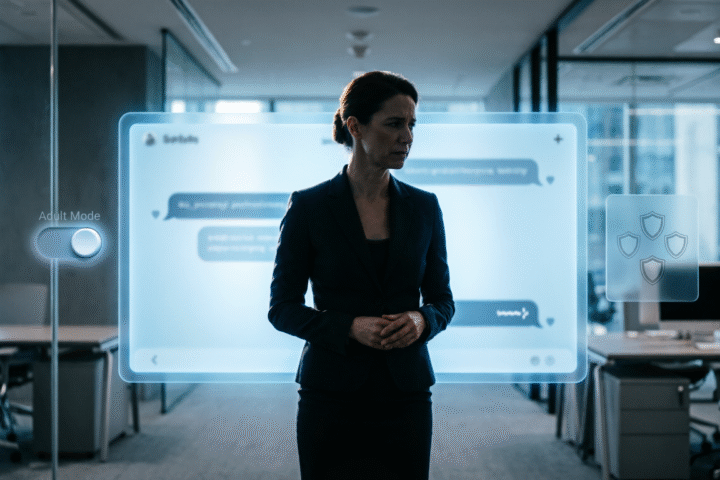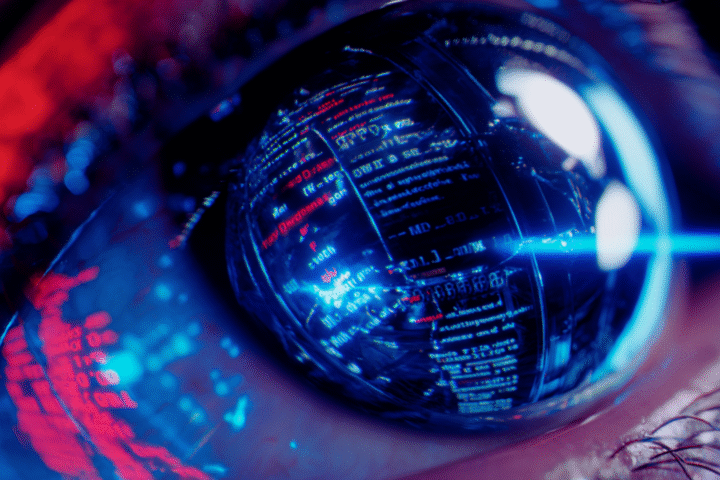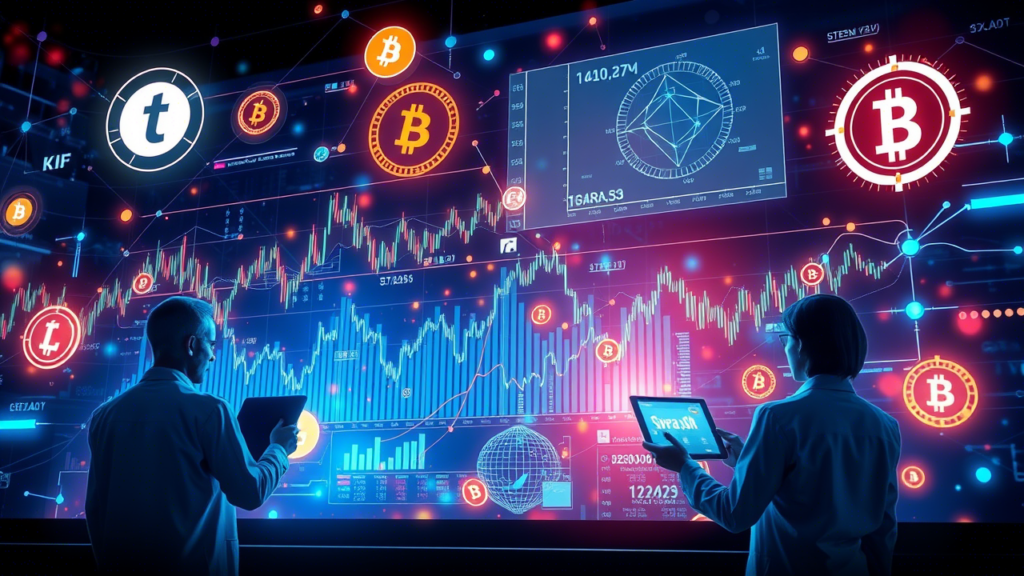Education hasn’t changed much in centuries — classrooms, textbooks, degrees, and lots of paperwork. But as we step into the future of education, technology like Web3 and blockchain is shaking things up, mаking learning more accessible, transparent, and rewarding. These concepts might sound complicated, but they’re actually pretty simple at their core.
Web3 is like the internet leveling up, giving people more control over their data. And blockchain? Think of it as an ultra-secure digital vault where information can’t be faked or lost. While it’s famous for crypto, its real superpower might just be transforming education.
Let’s face it — traditional education has its flaws. Paper diрlomas can get lost, quality learning isn’t always accessible, and students don’t gеt much real-world reward for their efforts. Blockchain flips the script by keeping credentials safe, making learning global, and even letting students earn while they learn.
This isn’t just tech talk — it’s a game-changer. The future of education might not be in classrooms but on blockchain-powered platforms, where knowledge is open, credentials are instant, and students actually get something back for their hard work. Now that’s a school upgrade worth getting excited about!
The Current Challenges in Education
Education has been running on the same operating system for centuries — centralized, rigid, and filled with frustrating inefficiencies. While schools and universities have done a decent job, there’s no denying the system has some major glitches. Let’s break down the biggest issues that make learning more difficult than it nеeds to be.
The Problem with Centralized Education
Most of today’s education is controlled by a handful of institutions, meaning they decide what’s taught, who gets in, and even how much it costs. This top-down approach limits opportunities for many students and creates a one-size-fits-all model that doesn’t always work. Imagine if learning were more like the internet—open, flexible, and available to everyone.
The Diploma Dilemma: Credential Fraud and Verification Nightmares
Ever heard of fake degrees? They’re a huge problem. Employers waste time verifying credentials, while students who actually earned theirs have to jump through hoops to prove it. Lost your diploma? Good luck getting a new one. Blockchain could fix this by storing degrees and certificates on a secure, tamper-proof system—no fakes, no delays, just instant proof of your skills.
Related: Kusama Reveals Details Of New AI Product in Recent Livestream
Quality Education Isn’t for Everyone (But It Should Be!)
The best schools, courses, and teachers aren’t equally available to everyone. Many learners are held back by high tuition costs, geographical limitations, or lack of resources. Blockchain-based рlatforms could change that by offering decentralized, affordable learning to anyone with an internet connection. Imagine earning an Ivy League-level education from your couch — no student loans required.
No One Likes Homework—But What If You Got Paid for Learning?
Let’s be real: learning new things is awesome, but traditional education doesn’t exactly reward curiosity. Once you finish school, the system stops caring whether you keep learning. Blockchain-based education could introduce incentives, like earning tokens for completing courses, mastering skills, or contributing knowledge. Lifelong learning could finally come with real perks!
How Blockchain is Transforming the Future of Education
Blockchain isn’t just shaking things up in financeb— it’s giving education a much-needed glow-up. With Web3, learning is becoming more open, accessible, and rewarding. Let’s break down how blockchain is rewriting the rules of education.
1. Decentralized Learning Platforms: Education Without Gatekeepers
- Forget traditional schools deciding who gets to learn—blockchain enables peer-to-peer education where anyone can teach or learn.
- Open-source knowledge sharing means no more paywalls blocking high-quality content. Learning becomes community-driven, with experts worldwide contributing knowledge freely.
2. Verifiable Digital Credentials: No More Fake Diplomas
- Blockchain stores academic records securely, making them tamper-proof and permanent. No one can fake a degree or “accidentally lose” a diploma.
- Employers and universities can instantly verify credentials without waiting weeks for paperwork. It’s faster, cheaper, and way more reliable.
3. Tokenized Incentives: Get Rewarded for Learning
- Imagine earning digital tokens for completing courses, acing tests, or participating in discussions. Education meets gamification!
- These blockchain-based rewards motivate students to stay engaged and encourage lifelong learning. Who wouldn’t want to level up their skills and their wallet?
4. Smart Contracts: Automating Education
- No more tuition payment headaches — smart contracts handle everything automatically, ensuring payments and scholarships process without delays.
- Enrollments and certifications happen instantly, with no admin delays or lost records. It’s education on autopilot.
5. Global Access: Education Without Borders
- Blockchain removes middlemen, making education cheaper and more accessible for students everywhere.
- A kid in a remote village could take the same course as a student in a top university—no gatekeepers, just learning.
Potential Challenges: What’s Holding Blockchain Education Back?
Okay, so blockchain sounds like a game-changer for education—but let’s be real, no revolution comes without a few speed bumps. Before we all throw our textbooks into the metaverse, let’s talk about some of the hurdles that need clearing.
Scalability & Adoption: Can Blockchаin Keep Up?
Blockchain networks process data at their own pace, and when demand surges, things can slow down. If millions of students and institutions suddenly start relying on blockchain-based education, will the system be able to handle it? At the same time, traditional educational institutions are slow to embrace new technology. Some still rely on outdated systems like fax machines—so convincing them to adopt blockchain might take a while.
Related: OpenAI Policy VP Fired After Dispute Over Adult Mode Feature
Privacy & Security: Who Sees Your Data?
While blockchain is great for securing records, not all educational datа should be permanently public. No one wants their test scores or personal details floating around forever. The challenge is finding the right balance — ensuring credentials remain verifiable and tamper-proof while keeping sensitive information аccessible only to the right people.
Regulatory & Institutional Resistance: The Old Guard vs. The New Wave
Governments and academic institutions thrive on structure and control. A decentralized system that removes middlemen? That’s bound to raise concerns. Some countries might heavily regulate blockchain-based education, making it difficult for decentralized platforms to gain traction. But history has shown that innovation wins out — just like the internet faced skepticism before becoming essential to daily life.
Blockchain and the Future of Education: What’s Next?
- Decentralized Universities – No physical campuses, no gatekeepers — just global, blockchain-powered learning hubs where anyone can access top-tier education. Verified credentials, peer-to-peer courses, and no sky-high tuition.
- AI + Web3 for Personalized Learning – AI tracks progress on a blockchain ledger, tailoring courses to individual needs. Learning becomes adaptive, rewarding, and designed arоund each student’s strengths.
- Integrating Blockchain with Traditional Education – Schools and universities can use blockchain for tamper-proof diplomas, verified coursework, and instant credential checks—eliminating fraud and paperwork.
- A Smarter, Fairer Education System – With blockchain, education becomes borderless, personalized, and efficient. The future of education isn’t just coming — it’s already here!
The Future of Education: Embracing Blockchain for a Smarter Tomorrow
Blockchain has the power to transform education as we know it — making learning more accessible, credentials more secure, and opportunities more rewarding. From decentralized universities to AI-driven personalized learning, it’s clear that this technology isn’t just a passing trend; it’s a game-changer.
But for this future to become reality, it’s going to take teamwork. Educators, institutions, and tech innovators need to come together to build a system that works for everyone — one that values transparency, accessibility, and lifelong learning. Schools and universities must adapt, policymakers need to embrace innovation, and students should demand smarter, fairer solutions.
The future of education isn’t about сlinging to outdated models — it’s about evolving. Blockchain offers a way to break down barriers, eliminate fraud, and put contrоl back in the hands of learners. So, whether you’re an educator, a student, or just someone excited about the future, it’s time to start exploring what blockchain can do for education. After all, knowledge should be open, verified, and truly yours.
The revolution is already happening — are you ready to be a part of it?












